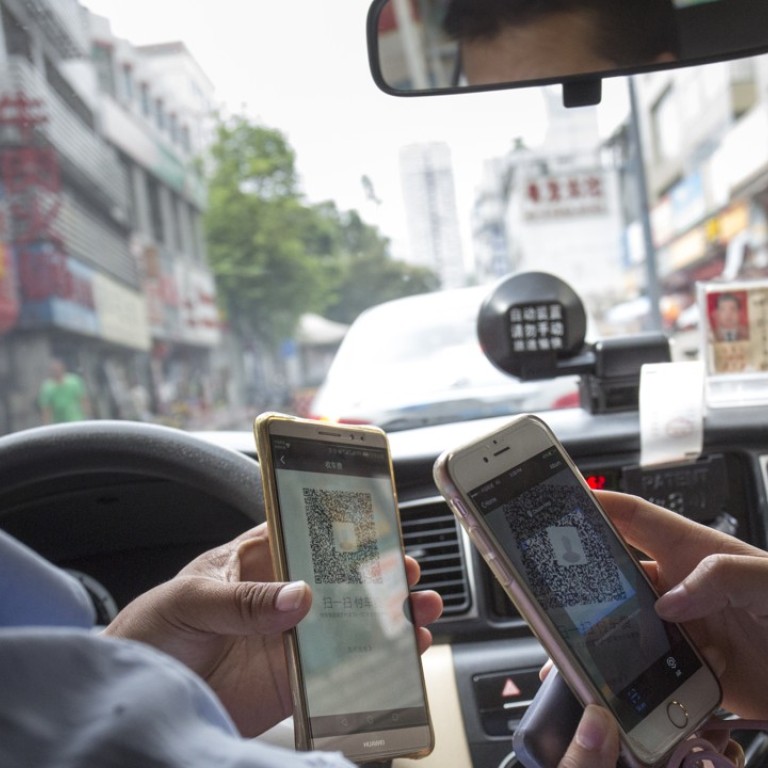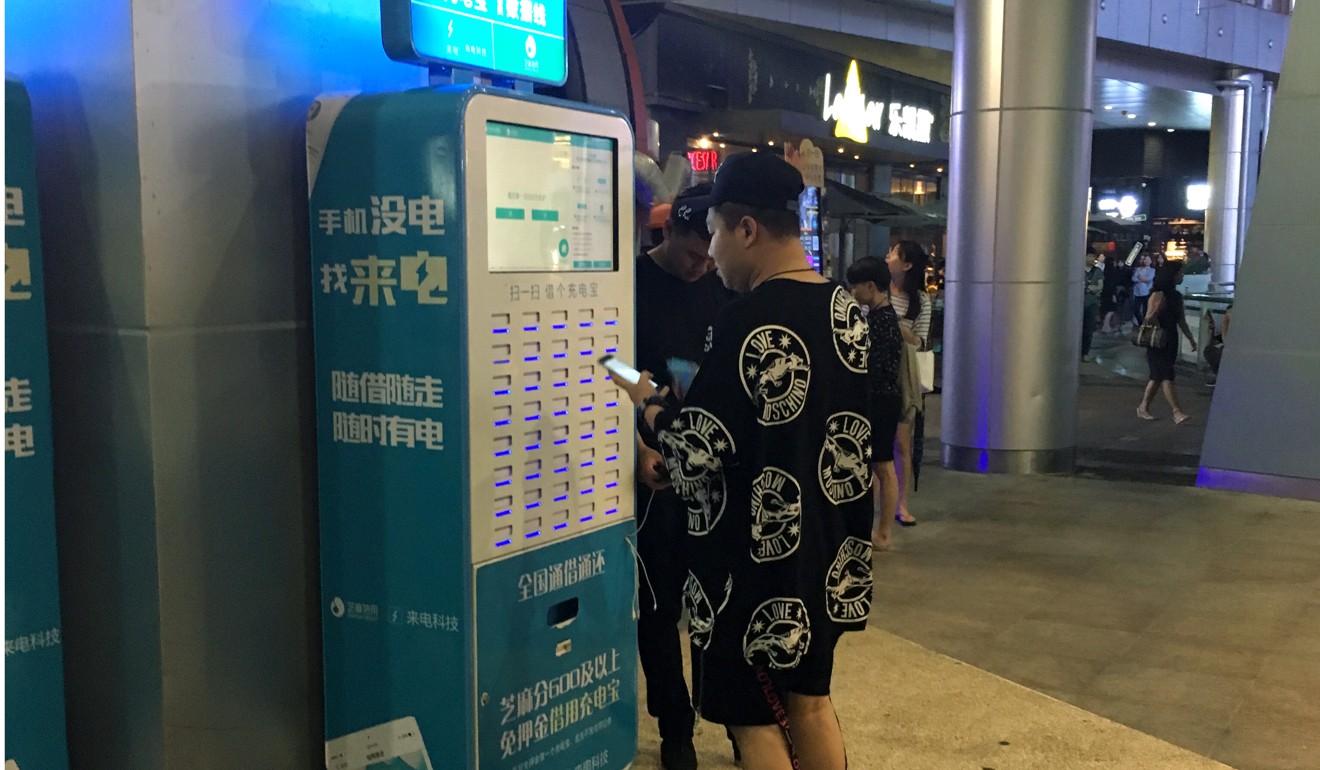
Chinese power-bank rental startup Laidian plans on overseas expansion
Shenzhen-based Laidian Technology plans to take its phone battery bank sharing concept to selected overseas markets
Laidian Technology, one of China's bigger startups renting out batteries to recharge mobile devices, is planning to expand to overseas markets, even as it acknowledged that cultural differences were obstacles in gaining widespread consumer acceptance.
“I see big demand for power banks from overseas markets,” said Yuan Bingsong, the CEO of Laidian, which offers rental services to customers in more than 200 cities. “But stepping into foreign countries is not easy for us … The habits of local users are different from Chinese customers and online payments is not as popular as in China.”
By 2019 about 246 million consumers will be using battery sharing services, up from 104 million users in 2017, according to iiMedia Research. In China, the popularity of mobile games and live-streaming video will drive demand for power-bank rental as consumers will need to recharge their devices, said Yuan. The surge in number of companies offering rental services, however, points to an impending crash for some, he said.
“Some industry players may close next year if they do not have competitive products or sufficient capital,” said Yuan.

Yuan did not say which markets his company was planning to enter. He said that Laidian was breaking even, but acknowledged the business was limited to revenue streams from deposits, advertisements and rental services.
Laidian’s revenue from deposits is set to decline under a collaboration with Alibaba affiliate Ant Financial that will phase out such cash security payments for Alipay users. Alibaba owns the South China Morning Post.
A wave of bankruptcies among bike-sharing companies, where some consumers lost their deposits, had damaged trust in that model, Yuan said.
“People feel a willingness to borrow power banks if they do not need to pay a deposit,” said Yuan, speaking in Shenzhen at the Mars Summit on Sunday.
Data from iiMedia Research shows the “free deposit” model could attract more users. About 15.3 per cent of survey respondents cited the deposits as a reason for not using power bank sharing services. Meanwhile, 60.4 per cent of respondents said the deposit was a decisive influence in choosing an operator.

